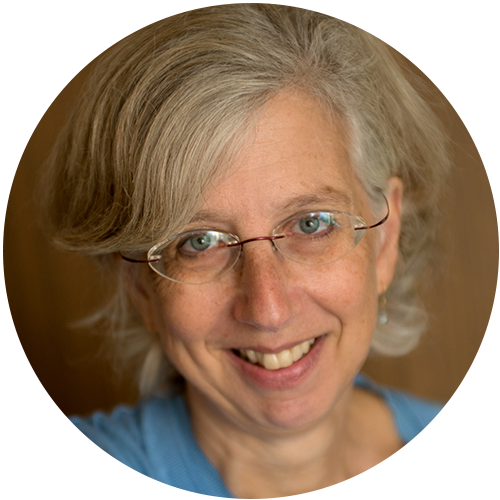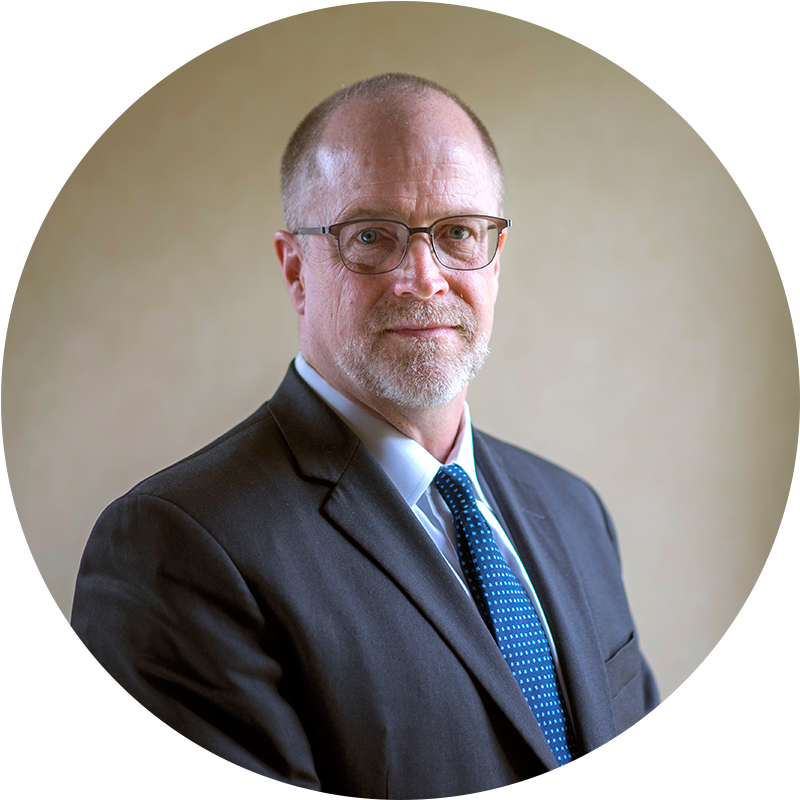Starting in the early 1950s, the SSRC cultivated interdisciplinary research into the role of language in culture and thought through its Committees on Psycholinguistics and Sociolinguistics. Here, Monica Heller examines how the latter committee (1963–1979) helped establish sociolinguistics in the United States, investigating the tensions between language, culture, and inequality. In exploring how the committee shifted focus from the developing world to marginalized groups in the United States, Heller addresses how the research agendas of these scholarly structures are influenced by the political dynamics or ideologies of their time, in this case the Cold War and decolonization.























